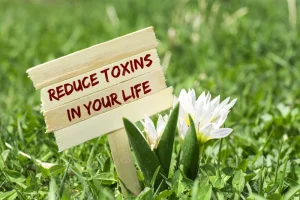
At the same time, you can and should set boundaries in the relationship. I perceived him as an accomplished executive with a relational leadership style appreciated by his colleagues. Some couples become discouraged when they continue to have fights and arguments after successful drug addicts the substance abuse has stopped. Recovery involves treating internal problems of the addict and also resolving problems that occur as a side effect of the addiction. These are just a few of the reasons why it is important to continuously support your spouse.
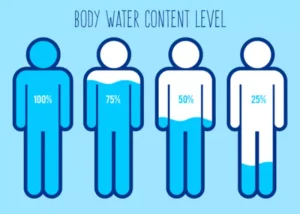
Tips for Talking to Your Friend About Addiction
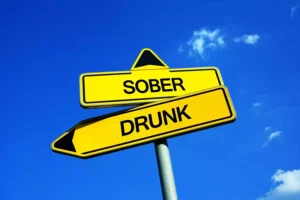
Finding the right support group can be foundational in supporting your spouse. You can initiate your search through online research to find groups in your vicinity. Websites of organizations dedicated to addiction recovery often list such groups. Additionally, you can seek referrals from your therapist or healthcare provider, leveraging their network to find groups that align with your needs. Platforms like Facebook and Reddit are also hubs where individuals share their experiences and offer support, but it is crucial to ascertain the credibility of these groups before joining. Drug addiction refers to a severe form of substance use disorder with a physical and psychological dependence on drugs.
How Stress Affects Relationships
- It sounds simple enough, but can be extremely difficult to execute.
- Open communication will make it possible for you to better understand what the individual is feeling.
- The findings of this study underscore the urgent need for enhanced support systems for spouses of cancer patients.
- Instead, lead with compassion and patience and avoid judgment.10 If your partner refuses to get help or admit a problem, remember that it is their decision.
- Living with a drug addict often causes codependency, where the individual married to an addict becomes dependent on the addict.
Addiction is episodic, which means there may be a few bumps along the way. These bumps may bring a lot of pain, but remember that people sometimes relapse. However, this doesn’t mean your partner has ‘failed’—just something to keep in mind. It helps them feel known and seen and reminds them that they’re more than just the addiction. Getting them to open up might take some time, given how most addicts wrestle with guilt, shame, and stigma. So, when they finally do, just think about how much courage that must’ve taken.
- You can initiate your search through online research to find groups in your vicinity.
- An intervention could be the wake-up call your addicted spouse needs.
- The FHE Health team is committed to providing accurate information that adheres to the highest standards of writing.
- Addiction treatment addresses blame, shame and other issues that come with the territory.
Setting Healthy Boundaries in Relationships
Today, with 12 years of recovery, we have created a strong bond that respects our individuality, challenges us to grow, and supports our human fragility. My partner went to treatment shortly after we started living together. The most challenging decision I had to consider was whether to stay or leave the relationship. Though I did not doubt that we loved each other, the chaos of addiction had eroded our trust in each other, and my life no longer felt my own. Some examples of ways a spouse of an addict might be enabling them includes lying for your spouse or helping them “cover up” their addiction. This only validates their addictive behaviors and will not prompt change.
This will force your son to go for help, or risk losing everyone and everything near and dear to him. This is part of the origin of the intense urge to relapse in the face of grief. Most people with SUD have used drugs or alcohol to escape negative circumstances and feelings, so this is their natural response to loss. Supporting a spouse through addiction recovery can be emotionally and physically draining. Otherwise, you may grind yourself into the ground, leaving yourself open to chronic stress, depression or anxiety.
Things To Remember When Helping A Spouse Who Struggles With Addiction

Some people may not face frightening situations such as the ones listed above. For them, it may be better to stay in the marriage and try to help a spouse with drug addiction. Many spouses say they feel like a single parent when their partner turns to drugs or alcohol. One of the hardest things to bear while your loved one is using is the undue burden it puts on you to run the household while your partner struggles with their disease. It doesn’t matter how your partner got where they are today. What matters instead is recognizing the problem, and understanding and implementing the do’s and don’ts of helping your addicted spouse.
Ways to Support Your Spouse in Addiction Recovery
- Both the recovering individual and his or her spouse and family are intricately involved in recovery, as addiction affects the entire family.
- In certain scenarios, involving other family members in family therapy can be a constructive approach to address the issues and pave the way for healing collaboratively.
- In addition to the stress of managing a loved one’s medical appointments, treatments, and at-home care, the anxiety around the unknown and the fear of losing your partner can be overwhelming.
- Instead, they are a sign that the method of treatment needs to be changed.
- Be encouraging when your spouse wants to do any of those things, and understand that it’s going to require some time.
- Getting professional help could help their well being along with yours and there is no reason not to get the help needed.
But, this isn’t always the case at the beginning of recovery. Want to learn how to support yourself and your spouse during this time of change? Read on to discover our tips for sober spouses married to an addict in recovery. And that mutual empathy (the emphasis being on the “mutual”) will be a critical building block in both your recovery, your spouse’s recovery, and your relationship’s recovery. If you think you may be codependent on your addicted spouse, know that you are not assisting the recovery process. On the contrary, it causes the addict to deny the problem and will also hinder the recovery process.
Common Issues Addicts in Recovery Face After Drug Rehab
Alcoholism is one of the more common substance abuse disorders. All statistics are taken from the National Institute on Drug and Alcohol Abuse. Numbers reported are as of 2013, the most recent year figures are available. Understanding the nature of addiction helps you focus on the problem rather than the person.
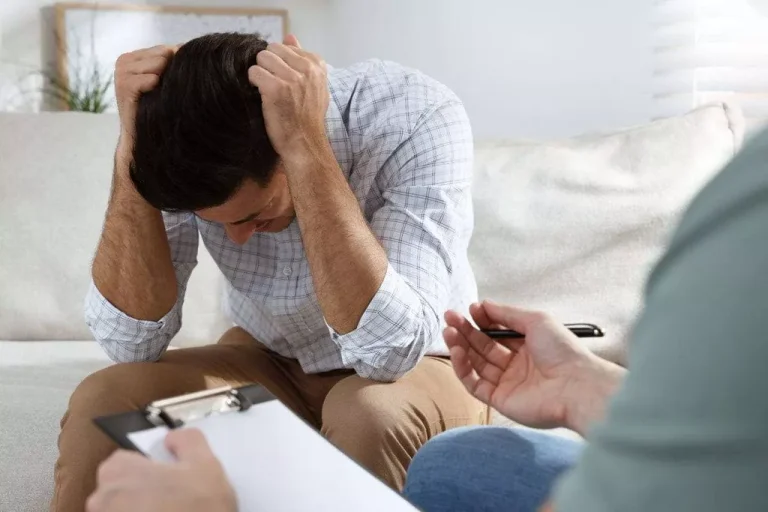
It takes time to heal properly for both the spouse of the addict and the addict. It takes time for them to fully realize what repercussions their actions have caused in their life and in their loved one’s life. Educating yourself is a good first step in learning how to support your spouse or loved one.
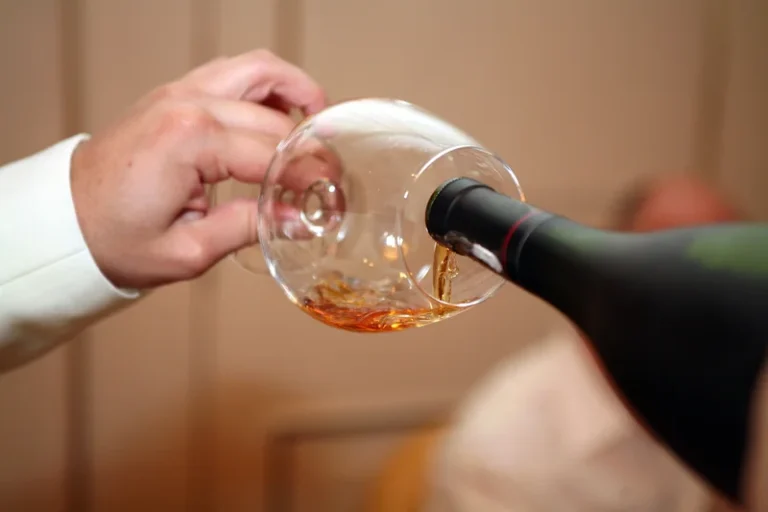
Substance Use Disorder and Complicated Grief
It is difficult for someone to go through the process of rehabilitation when they are lacking a support system. Human beings are social creatures and, although we might not always like it, we need each other. Without conscious effort from loved ones, the recovery process can be lonely.